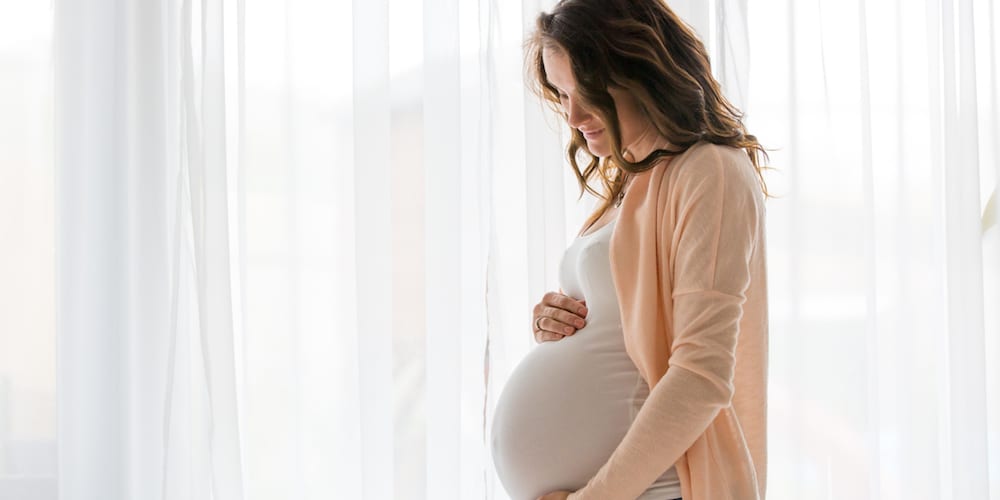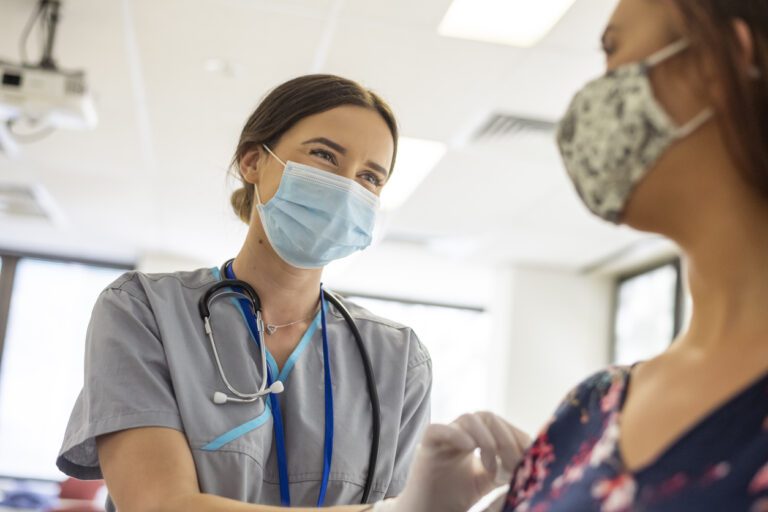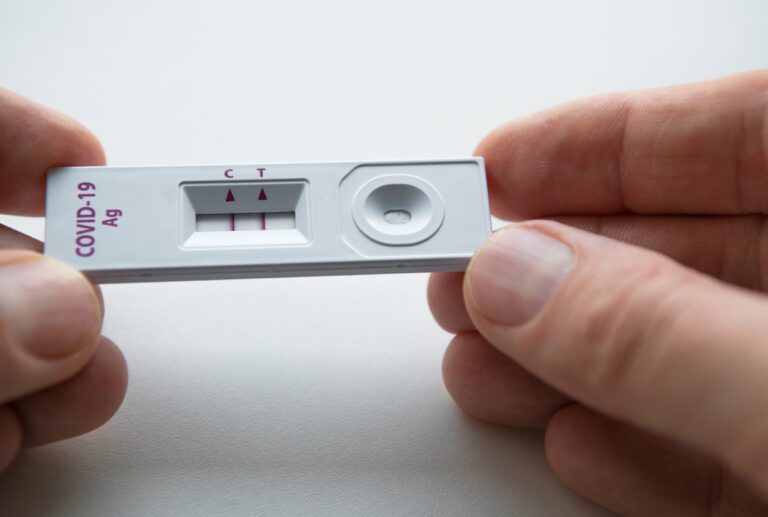Data is limited when it comes to how coronavirus affects pregnancy and there are many unknowns.
According to the US Centers for Disease Control and Prevention (CDC), it is currently unknown whether pregnant women have a greater chance of getting sick from COVID-19 than the general public or whether they are more likely to have serious illness as a result.
They also do not know whether COVID-19 can cause problems for a pregnancy, whether the virus can be passed from a pregnant woman to the foetus or newborn, or if there is any risk posed to an infant if a pregnant woman has COVID-19.
Meanwhile, World Health Organisation guidelines state: “There is no evidence that pregnant women present with different signs or symptoms or are at higher risk of severe illness. So far, there is no evidence on mother-to-child transmission when infection manifests in the third trimester … WHO recommends that caesarean section should ideally be undertaken only when medically justified.”
However, the UK Government has announced that pregnant women are at increased risk of severe illness from coronavirus, with Public Health England chief medical officer Chris Whitty saying they are in the “high risk” category and should stay at home for 12 weeks.
He said the advice to pregnant women is “a precautionary measure” because ““we are early in our understanding of this virus and we want to be sure”.
Keep in mind that changes in the immune system during pregnancy can make women more susceptible to respiratory infections in general.
Due to the many unknowns and the mixed messaging, it is important for pregnant women to take precautions to protect themselves from COVID-19.
Pregnant women should do the same things as the general public to avoid infection. You can avoid contracting COVID-19 by taking these actions:
- Clean your hands often
Wash your hands often with soap and water for at least 20 seconds especially after you have been in a public place, or after blowing your nose, coughing, or sneezing.
If soap and water are not readily available, use a hand sanitiser that contains at least 60% alcohol. Cover all surfaces of your hands and rub them together until they feel dry.
Avoid touching your eyes, nose, and mouth with unwashed hands.
- Avoid close contact
Avoid close contact with people who are sick.
Put distance between yourself and other people. This is especially important for people who are at higher risk of getting very sick.
- Clean and disinfect
Clean AND disinfect frequently touched surfaces daily. This includes tables, doorknobs, light switches, countertops, handles, desks, phones, keyboards, toilets, faucets, and sinks.
If surfaces are dirty, clean them: Use detergent or soap and water prior to disinfection.







